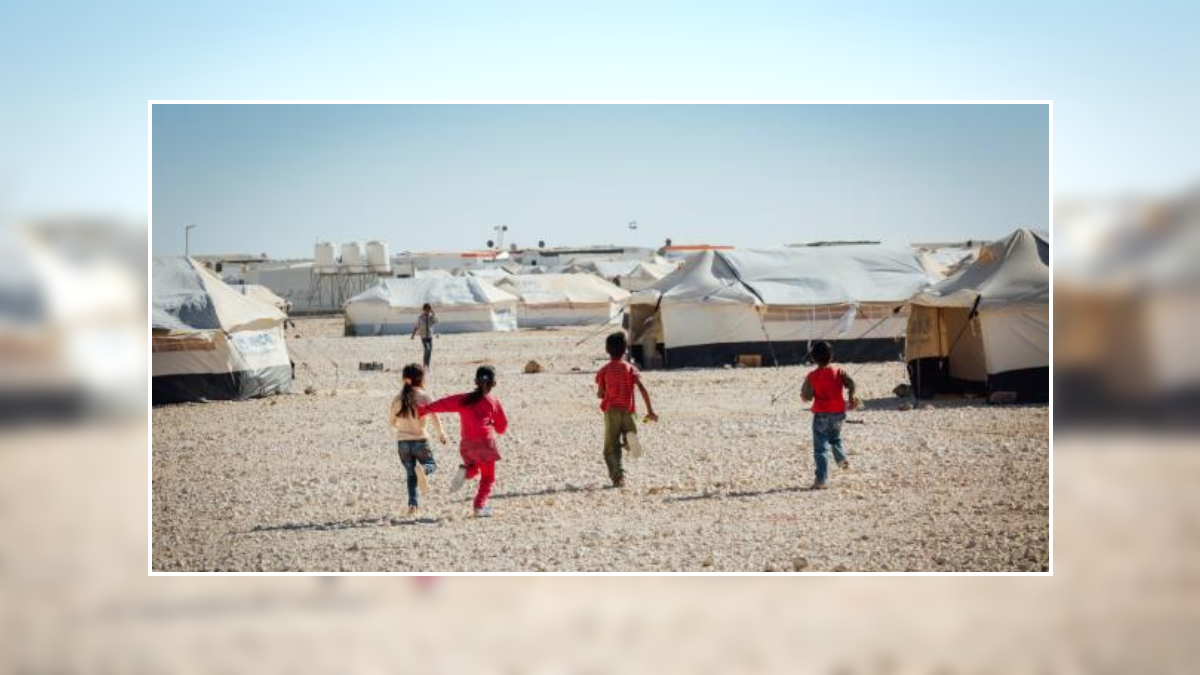Energy Compact: Countries United to Decarbonize Peacekeeping Operations
The Thirteenth IRENA Assembly Focused on Using Renewable Sources to Decarbonize Peacekeeping Operations

Image Source: IRENA
During the thirteenth IRENA Assembly in 2023, the innovative Energy Compact was launched, an initiative promoted by the United Nations focused on using renewable energy to strengthen peacekeeping missions, with the dual goal of mitigating environmental impact and increasing energy access in host regions.
This agreement aims to significantly improve national contributions for countries involved in peacekeeping operations, integrating strategies to decarbonize operations and enhance the effectiveness and resilience of missions through increased use of renewable energy.
Decarbonization: Energy Compact Partners Working to Reduce Greenhouse Gas Emissions by 45%
In this context, the Energy Compact partners are working to implement the ambitious goal of the United Nations Secretariat to reduce greenhouse gas emissions by 45% and achieve 80% of the necessary energy from renewable sources by 2030, a target deemed largely achievable through innovations in peacekeeping missions.
A joint statement highlighted the partners' commitment to collaborate in accelerating these vital initiatives.
The importance of this commitment was further emphasized at a ministerial meeting in December, during the 28th United Nations Climate Change Conference (COP28) in Dubai, United Arab Emirates.
Participants issued a joint declaration to garner international support for the Energy Compact, recognizing the unique opportunity presented by the United Nations' 2030 target. The initiative aims to support the development of renewable energy projects in fragile contexts, improving energy access in surrounding communities and helping mitigate conflict and displacement factors.
To Implement Decarbonization, Additional Technical and Financial Resources Must Be Mobilized
During the meeting, a variety of stakeholders, including representatives from UN peacekeeping missions, humanitarian organizations, international financial institutions, donor countries, host countries, and partners engaged in energy peacekeeping, shared experiences and best practices on replicable approaches for financing and developing renewable energy projects.
Various financial instruments, such as leasing, Power Purchase Agreements (PPA), and renewable energy credits, were discussed, having already proven their value in pilot projects in various locations, including Baidoa in Somalia, Malakal, and Yei in South Sudan.
As a continuation of these initiatives, the partners agreed to mobilize additional technical and financial resources to launch a series of community electrification projects, rooted in UN humanitarian sites and peacekeeping bases.
By increasing the use of renewable energy in field missions, the Energy Compact aims to lay the foundation for sustainable, inclusive, and decarbonized development, leaving a positive and lasting legacy in the local communities involved.
Related Focus




